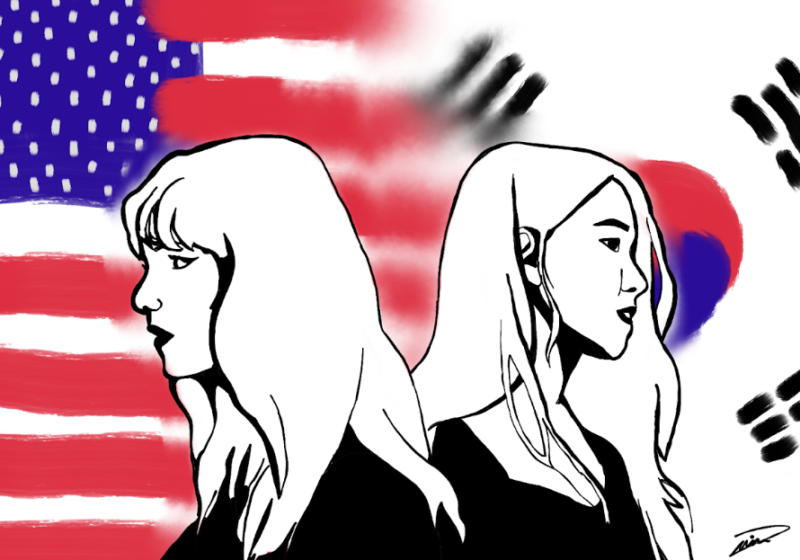The Office of Minority Student Affairs (OMSA) should have its own office space, UR students and staff stressed at a River Campus town hall meeting last Monday discussing the Presidential Commission on Race and Diversity’s recent report.
At a sparsely attended meeting in the Hawkins-Carlson Room the afternoon of Nov. 1, audience members addressed that and other concerns to President Joel Seligman, University Dean Paul Burgett, and Dean of the College Richard Feldman.
“I strongly encourage us to work together and find a space our students will be able to call their home again,” OMSA Academic Programming Coordinator Claudia De Leon said.
OMSA currently shares an office with the Center for Education Abroad in Dewey 2-161.
De Leon, the first to speak once the floor opened, said that OMSA has repeatedly been pushed aside.
While the Education Abroad office had been given an opportunity to move into a nicer space, she said, the decision to move had been made for OMSA.
She added that students did not request additional meeting spaces for OMSA, as stated on page nine of the report. Rather, those students had demanded a separate office space.
“We as students do not have adequate space to receive the proper resources, support, and open environment that we need,” she read from the report’s appendices.
When discussing her own experience with the disadvantages of a shared space, she cited an incident when a colleague asked a student about their involvement in a protest and whether they had been arrested.
Her colleague’s good intentions were lost, she said, when it came to OMSA’s students and how they enter safe spaces.
Others wondered about the overlaps and distinctions between the David T. Kearns Center, the Paul J. Burgett Intercultural Center (ICC), and OMSA.
Black Students’ Union president and junior Caryl English noted that the Kearns Center serves first-generation college students—a subset of minority students, English said—and has its own space.
She was unsure about who the ICC was meant to serve and felt that it may not have needed its newly-granted space in the Frederick Douglass Building.
“We have two computers, we have one printer,” she said of OMSA. “It’s like we’re fighting for resources all the time.”
Like De Leon, she felt that OMSA, despite its long-standing status, was constantly getting pushed to the back burner.
Students also expressed more general concerns about support.
Junior Daniel Southwell said that some students, such as those who grew up in poverty, may avoid services they need because they don’t trust them. More outreach, he said, might be required.
Later, Junior Aleem Griffiths said he wanted to see tangible change and support for students, especially those struggling to pay their tuition, to the detriment of their academic performance.
He felt that allocating more resources, such as computers, to OMSA could help show that the University was taking student voices into account.
Resources, Feldman said, were a separate problem from space. He said he would speak with OMSA Director Norman Burnett about what they could do.
Earlier, in response to De Leon, Feldman said that a study of spaces in certain UR buildings was being undertaken with the hope of identifying ways to free up space.
He added that he, Burnett, and Director of Education Abroad Tynelle Stewart aim to come up with a plan within the academic year.
He did not want to create false hope, though, saying that space moves are extremely challenging.
Seligman promised that he would look seriously at the space considerations for OMSA.
“Unto itself, OMSA deserves respect,” he said.
Editor’s note: This article first appeared in print on Nov. 7, 2016 (Volume 143, Issue 22).



